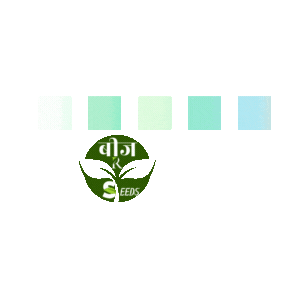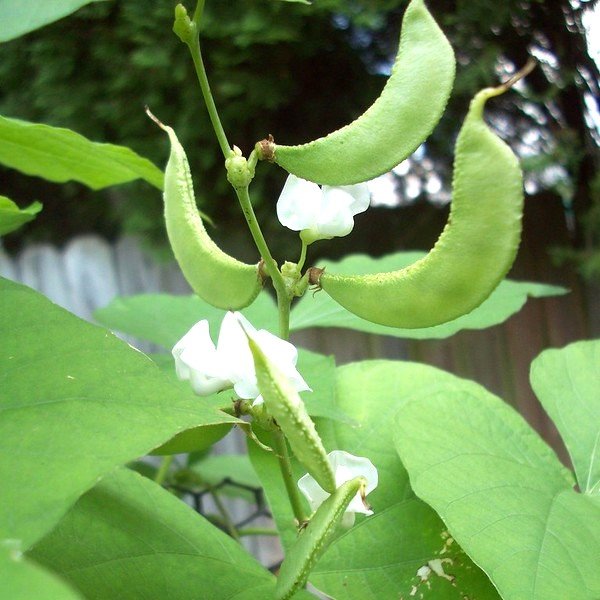Hyacinth Beans (Lablab purpureus), commonly known as Sem Fali, are versatile legumes often grown for their ornamental and culinary uses. The Dwarf variety is ideal for home gardens due to its compact growth habit, making it perfect for small spaces while still providing abundant pods. The plants produce attractive purple flowers and edible pods that can be harvested at various stages of growth. The beans are rich in protein and nutrients, making them a valuable addition to the garden and kitchen.
Key Features:
Plant Type: Annual climbing vine
Flower Color: Purple
Pod Color: Purple
Pod Size: 4–6 inches (10–15 cm) long
Plant Height: Dwarf variety; 3–4 feet (90–120 cm)
Sun Requirements: Full sun
Soil Requirements: Well-drained, fertile soil
Water Requirements: Moderate; regular watering during dry periods
Hardiness Zones: USDA Zones 9–11
Maturity: Approximately 90–100 days from sowing
Growth Habit: Compact, ideal for small spaces or containers
Planting Instructions:
Sowing: Direct sow seeds outdoors after the last frost. Plant seeds 1 inch (2.5 cm) deep and space them 6–8 inches (15–20 cm) apart.
Germination: Seeds typically germinate in 7–14 days at temperatures between 70°F and 85°F (21°C to 29°C).
Support: Provide a trellis or support structure as the plant is a climbing vine.
Watering: Keep the soil consistently moist, particularly during the flowering and pod development phases.
Fertilization: Apply a balanced fertilizer at planting time and again during flowering to encourage healthy growth and pod production.
Culinary Uses:
Young Pods: Tender and edible when cooked; often used in stir-fries, curries, and salads.
Mature Beans: Must be thoroughly cooked to remove natural toxins; used in soups, stews, or as a protein source in various dishes.
Nutritional Benefits:
Protein Content: High in plant-based protein, making them an excellent addition to vegetarian and vegan diets.
Vitamins and Minerals: Rich in vitamins A, C, and B-complex, as well as essential minerals like iron, calcium, and magnesium.
Additional Information:
Pest Resistance: Generally resistant to common garden pests; however, keep an eye out for aphids and caterpillars.
Disease Resistance: Hyacinth beans are susceptible to root rot in poorly-drained soils, so ensure proper drainage to prevent this issue.
Companion Planting: Works well with other plants like corn and squash in traditional “Three Sisters” garden setups.
Ideal Uses:
Home Gardens: Perfect for small spaces due to their dwarf size.
Ornamental Gardens: Attractive purple flowers make them a great choice for ornamental gardening.
Edible Landscaping: Provides both beauty and nutrition, making it ideal for edible gardens.
Conclusion:
These Hyacinth Beans Sem Fali Dwarf Vegetable Seeds are perfect for gardeners seeking a productive and space-efficient plant that produces beautiful flowers and nutritious beans. Whether for culinary use or as an ornamental addition to your garden, these beans offer versatility and beauty.






















Reviews
There are no reviews yet.